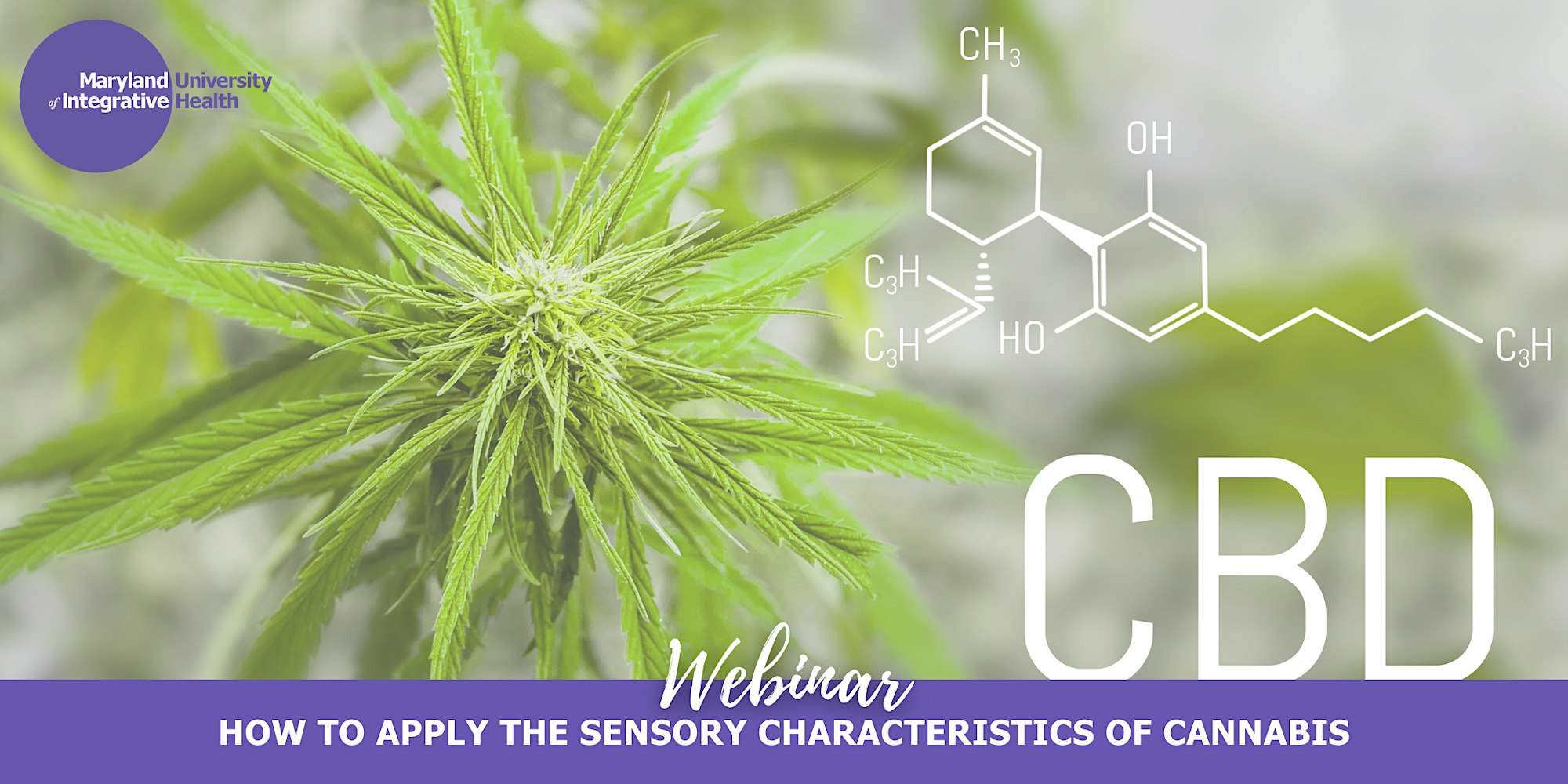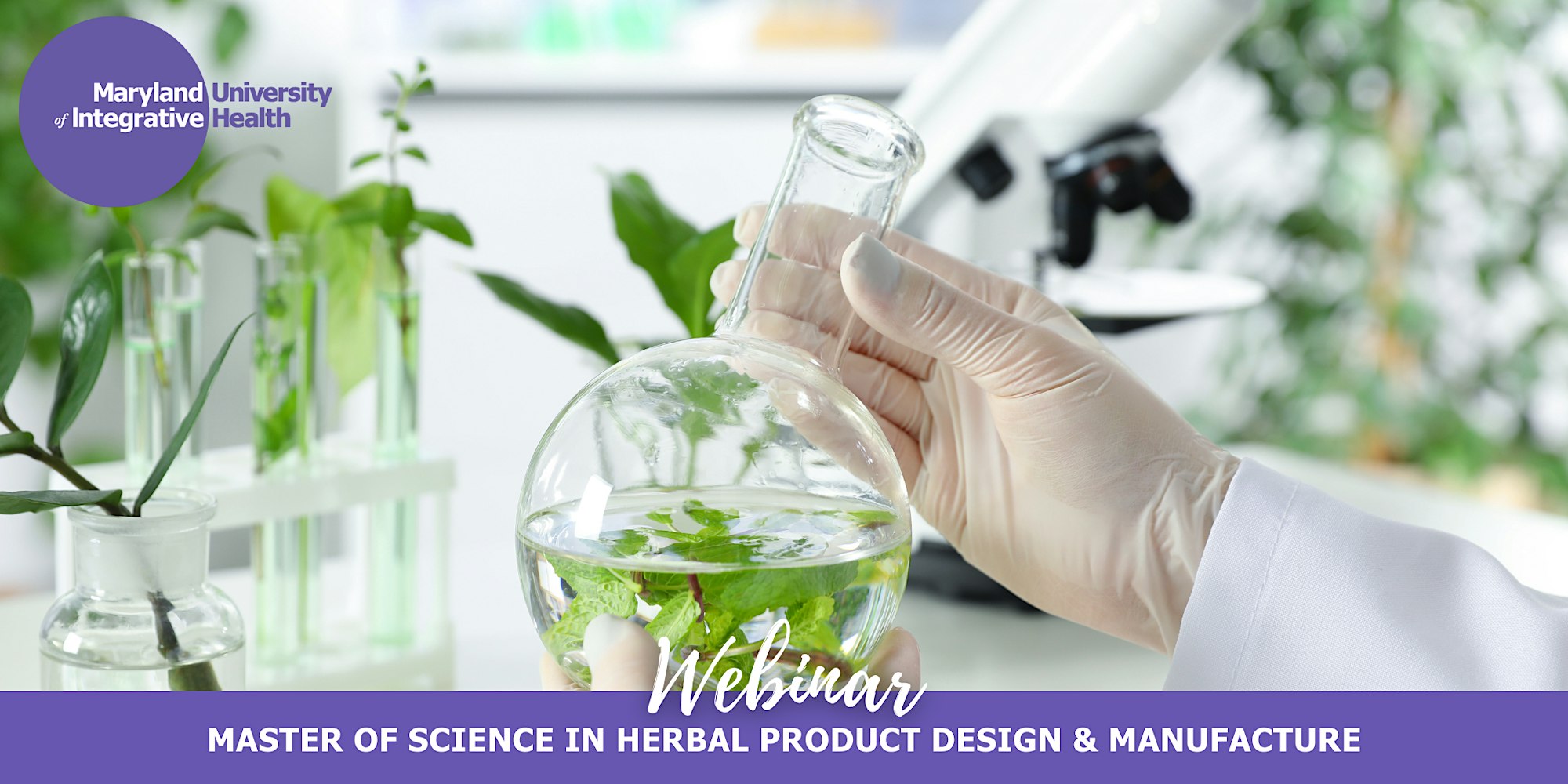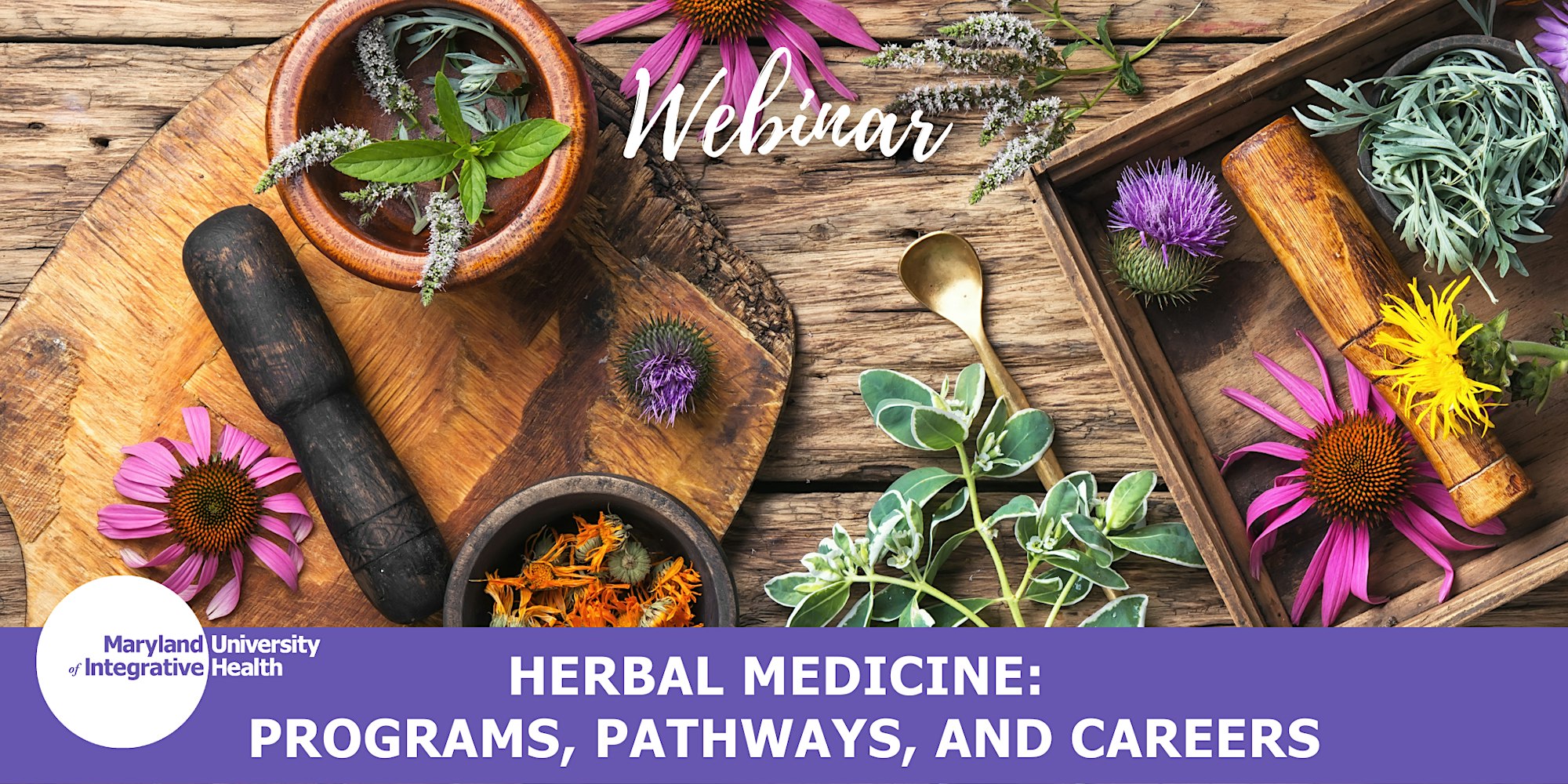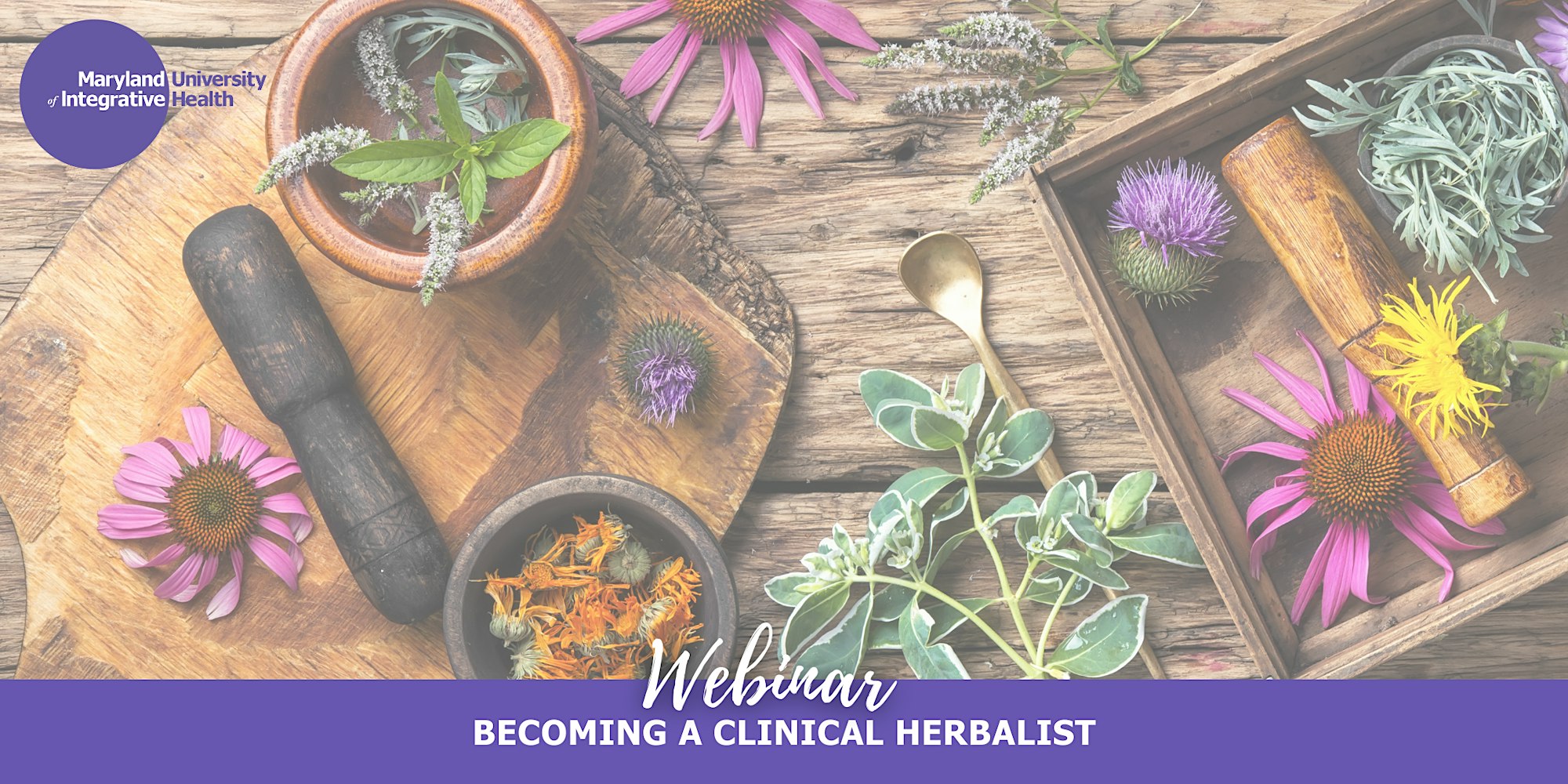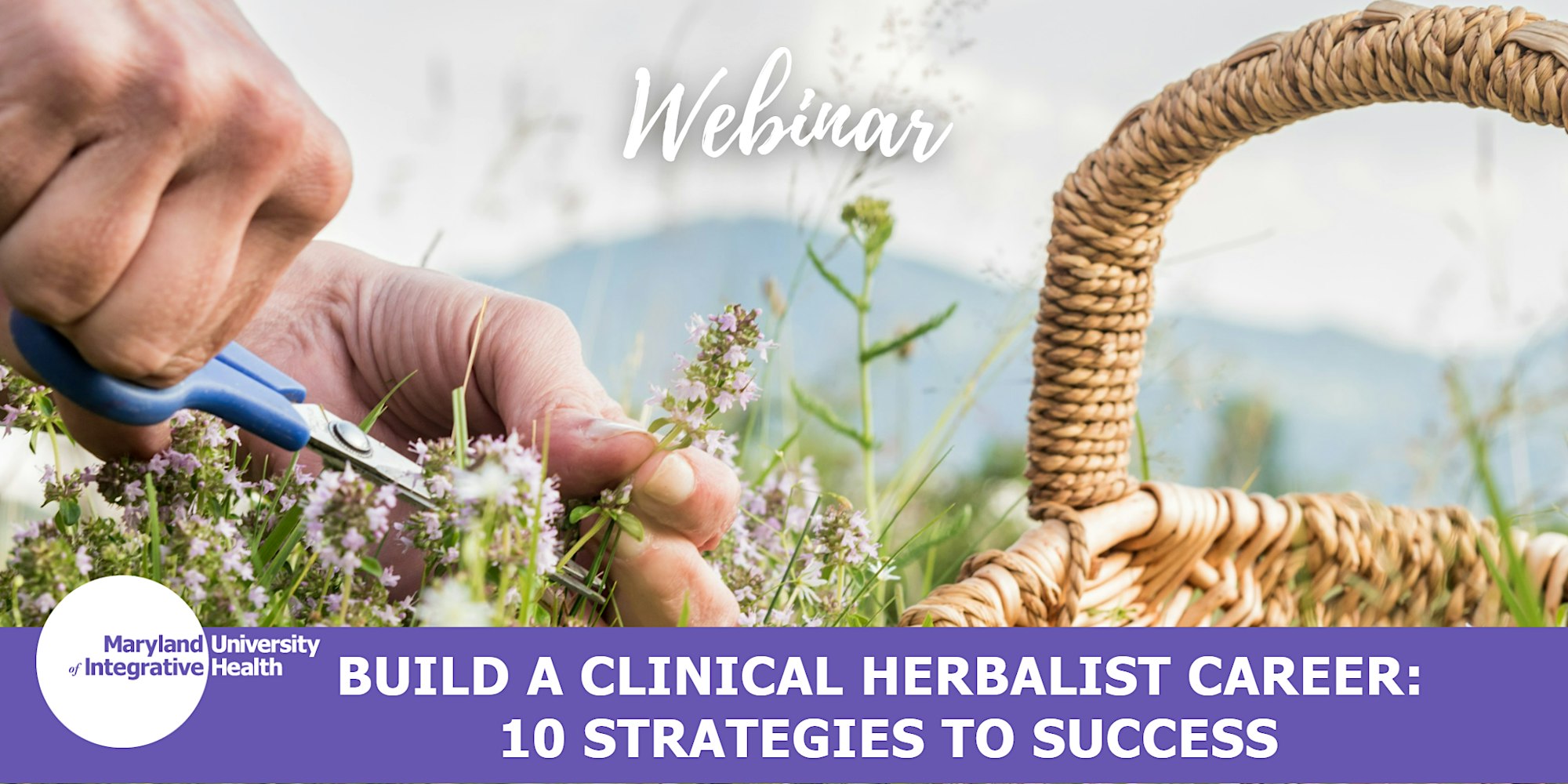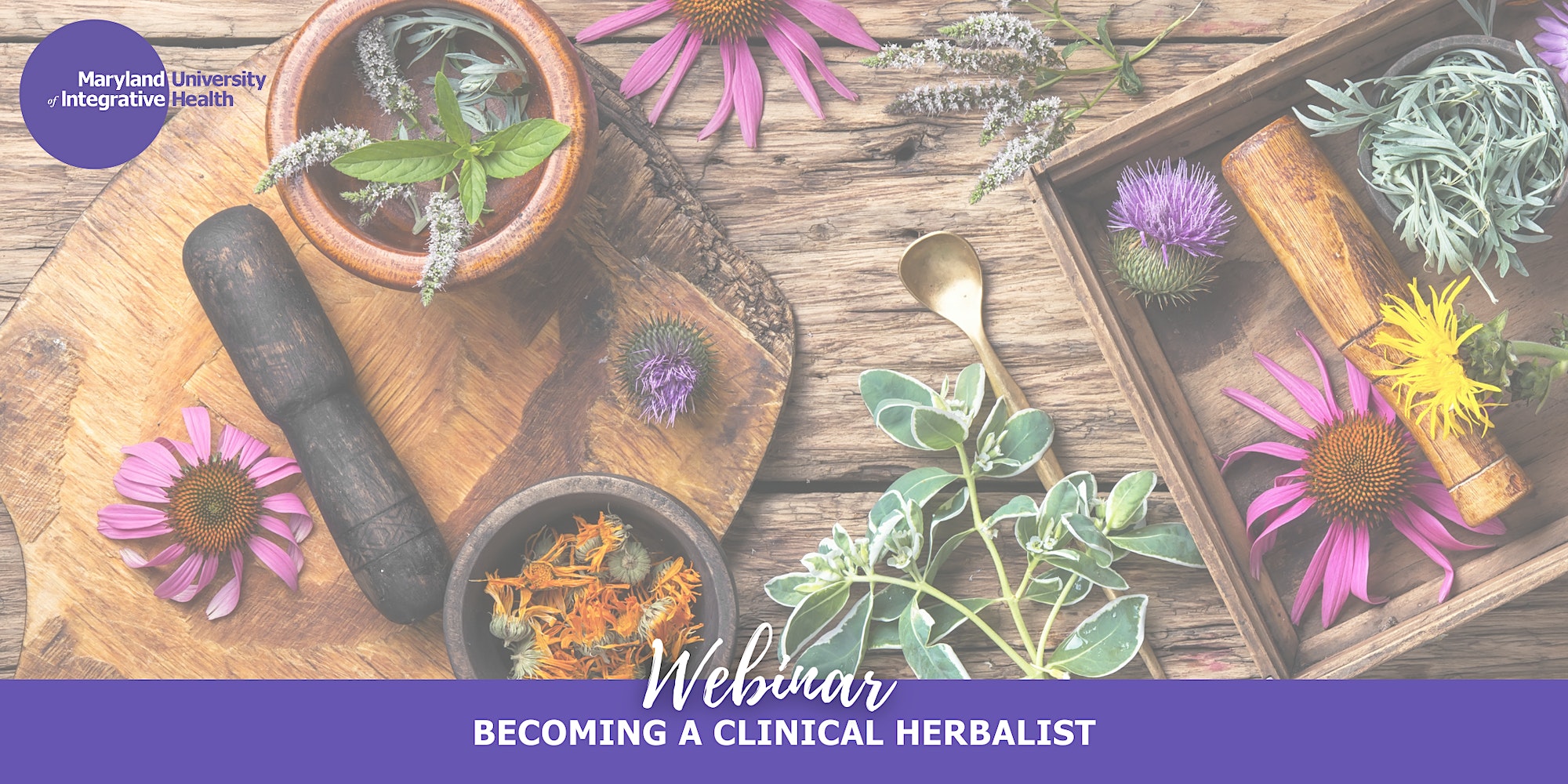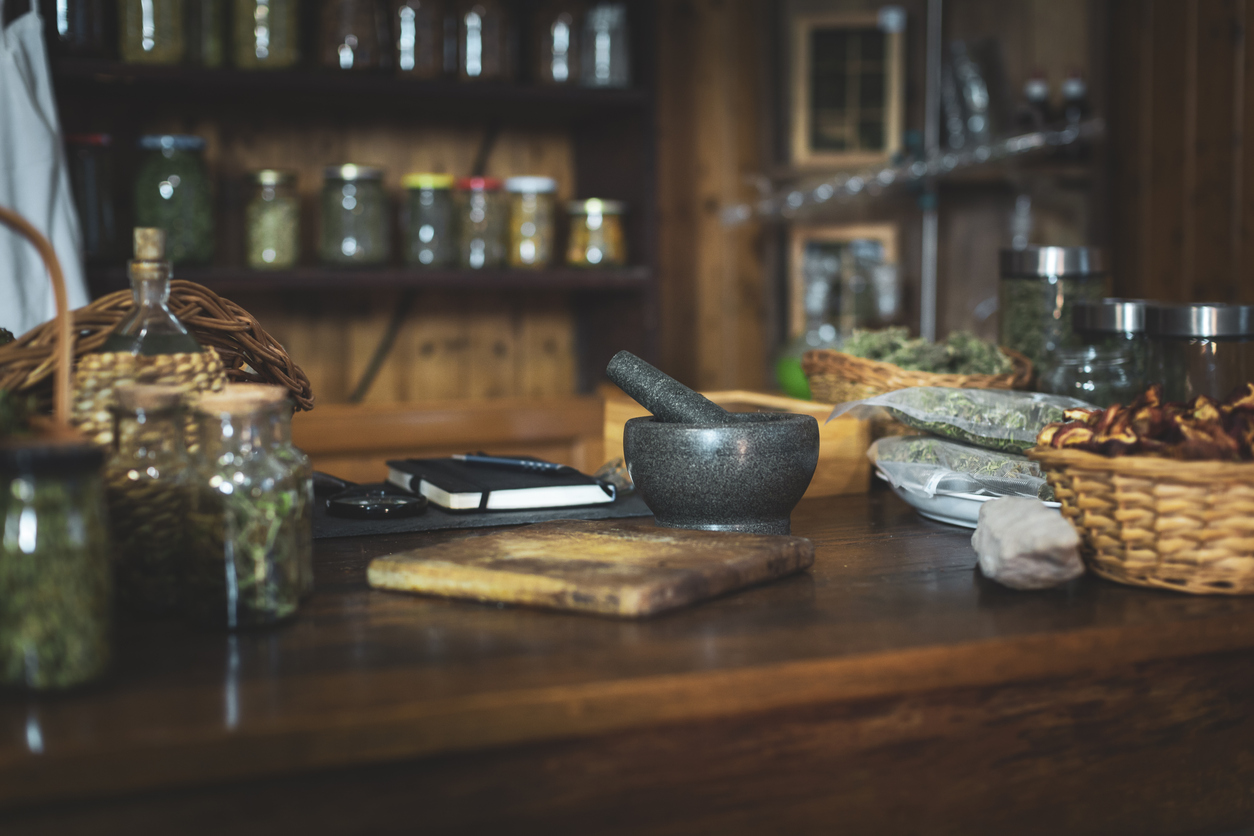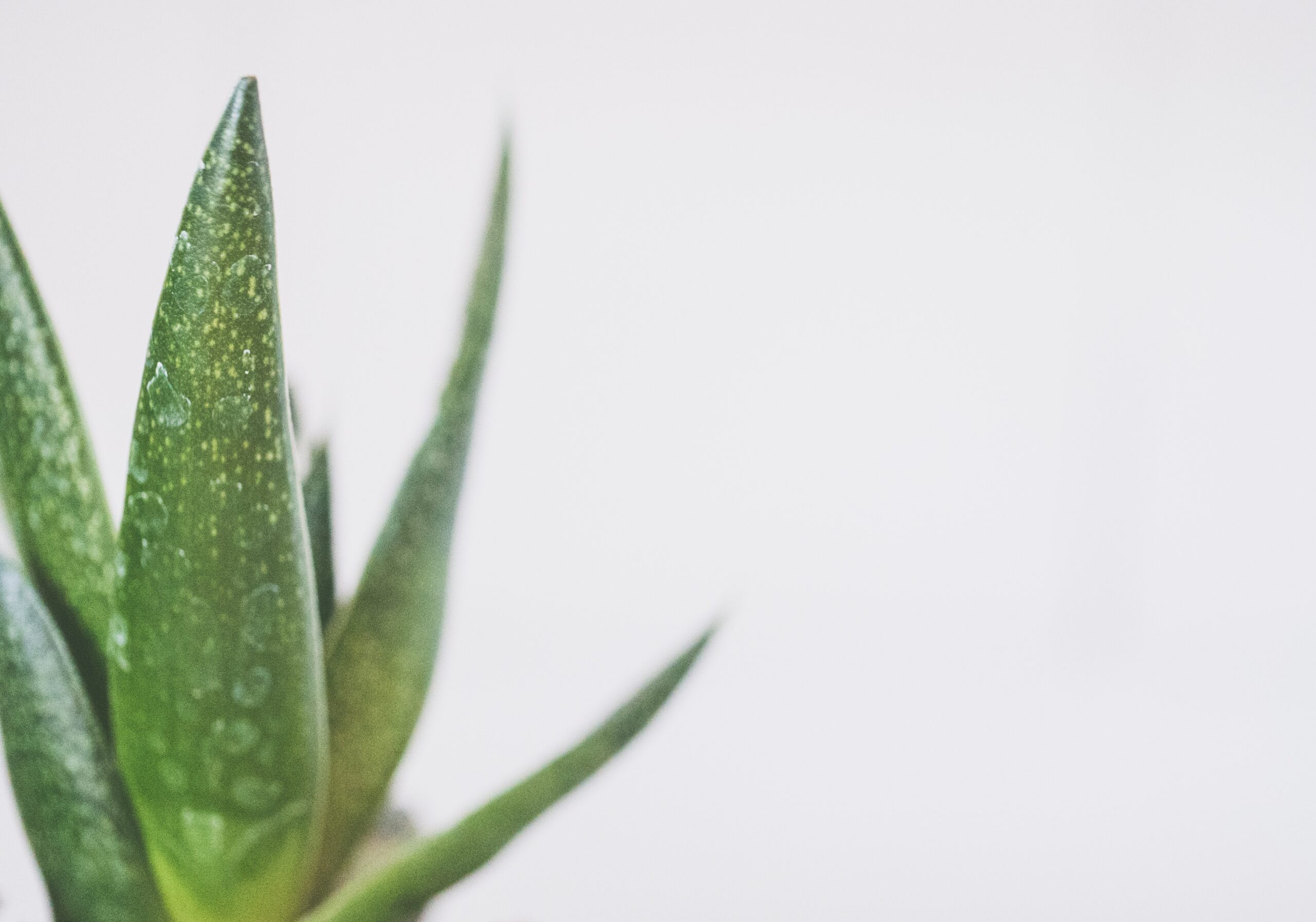Written by Faculty member, John Courie, M.S.
Over the last few years, the herbal products industry has seen remarkable expansion, further accelerated by the COVID-19 pandemic, with market forecasts approaching 360 billion USD by 2032. Alongside this growth, there’s been a heightened emphasis on regulatory adherence and quality assurance from not only governing bodies but also major retailers and increasingly savvy consumers. Central to the regulatory framework for this industry are Current Good Manufacturing Practices (cGMPs). This article aims to unpack how these practices apply to herbal products while shedding light on key elements such as label claims and disease structure function claims.
Herbs are Dietary Supplements
Before exploring the intricacies of cGMPs, it’s vital to establish that herbs fall under the category of dietary supplements in the U.S., as per the Dietary Supplement Health and Education Act (DSHEA) of 1994. Notably, DSHEA grants the FDA the authority to regulate these products for safety but doesn’t require pre-market approval for efficacy. This framework, detailed in 21 CFR 111, defines the regulatory landscape for herbal supplements. Similar regulatory structures exist in Europe and other jurisdictions, ensuring a global focus on quality and safety for these products.
Supplements are Food Based on DSHEA
DSHEA classifies dietary supplements as a subset of foods. This classification impacts not only how these products are regulated but also how they are produced and marketed. Unlike pharmaceuticals, which are subject to a stringent set of rules even before they hit the market, dietary supplements do not require pre-market approval. However, they still need to adhere to specific guidelines for safety and manufacturing processes, which is where cGMPs come into play.
Understanding Label Claims
One of the first steps in achieving cGMP compliance is getting the labeling right. The Federal Food, Drug, and Cosmetic Act has laid down clear guidelines on what a product label can and cannot claim as well as elements that must be standardized such as a
nutrition facts panel so that consumers can easily understand the contents of the supplement. Broadly, these claims fall into three categories: health claims, nutrient content claims, and structure/function claim (which are explained below). Importantly, any structure/function claims must include an FDA disclaimer and all content claims—such as stating “contents: 10mg of caffeine” as opposed to simply “contents: green tea”—need to be substantiated during manufacturing to be compliant. There are many techniques for designing labels and verifying the composition of an herbal product, our Masters program in Herbal Product Design and Manufacture explores the techniques used for this in the modern dietary supplement industry in great detail.
Disease Structure Function Claims
While dietary supplements, including herbal products, cannot make explicit disease claims, they can make structure/function claims. These claims describe how a product may affect the structures or functions of the body but must be accompanied by a
disclaimer that the FDA has not evaluated the claim. These nuanced differences in label claims can have a substantial impact on how the product is received by consumers and regulated by authorities. So for example, let’s say you are making a chamomile,
valerian, skullcap tincture to sell on etsy from your harvest over the summer. On your store page if you say “Helps promote a sense of relaxation for better sleep.” it’s a generalized statement that doesn’t claim to treat a specific condition or disease. But if you wrote in the product description “Effective in treating insomnia.” This claim directly states that the product can treat a specific medical condition, and it is now functioning as a drug rather than a dietary supplement, subjecting it to a different and much more stringent set of regulatory requirements. The key difference is that structure/function claims are more general and focus on well-being, whereas disease claims directly address a medical condition and are subject to much stricter regulatory oversight. Writing effective structure function claims and building the evidence for the claims you want to make about your products is a central element of our program at MUIH.
Navigating cGMPs for Herbal Products
cGMPs are designed to ensure that products are produced to specific quality standards. For herbal supplements, cGMPs cover everything from the quality of the raw materials to the final packaging of the product. A good shorthand for what the cGMPs cover is
“People, Premises, Processes, Products, Procedures”
Compliance is assessed through documentation and inspections, and failure to meet these standards can result in a variety of enforcement actions, ranging from warning letters to product seizures.
Ensuring Quality through Documentation
One of the cornerstones of cGMP compliance is robust documentation. Manufacturers are required to document various processes including ingredient verification, quality control, and even employee training. This ensures traceability and accountability, which are critical for both regulatory compliance and consumer trust. Increasingly, the consumer marketplace is asking for this documentation in the form of seed to sale or soil to sale programs or programs where you can look up the facts about the specific batch of a supplement you have by entering a serial number on the manufacturer’s website or scanning a barcode on the bottle.
Navigating the complex landscape of cGMP compliance for herbal products can be challenging but is crucial for market success and consumer safety. Understanding the regulatory environment, including how herbal products are classified and labeled, can
provide a solid foundation for meeting these compliance requirements. By staying informed and adhering to cGMP standards, herbal product manufacturers can not only ensure the quality and safety of their products but also gain a competitive edge in this
rapidly evolving market. If you are interested in learning more please consider our Herbal Products Design and Manufacturing program at MUIH
Herbal Product Design and Manufacture at MUIH
MUIH’s one-of-a-kind herbal medicine programs recognize the power of the natural world and plant medicines in promoting health and wellness. Through the integration of time-honored uses with contemporary science and research, graduates support the growing consumer use of herbal medicine in community health and wellness, clinical care, research, manufacturing, and retail settings.
Maryland University of Integrative Health offers the only M.S. Herbal Product Design and Manufacture degree in the U.S. Graduates of this program are prepared with the skills and knowledge in herbal medicine and scientific practice and research needed to contribute to the growing field of herbal supplement development and manufacturing. Students develop expertise combining the abilities of medicinal plant researcher and herbalist with that of a medicine maker.
